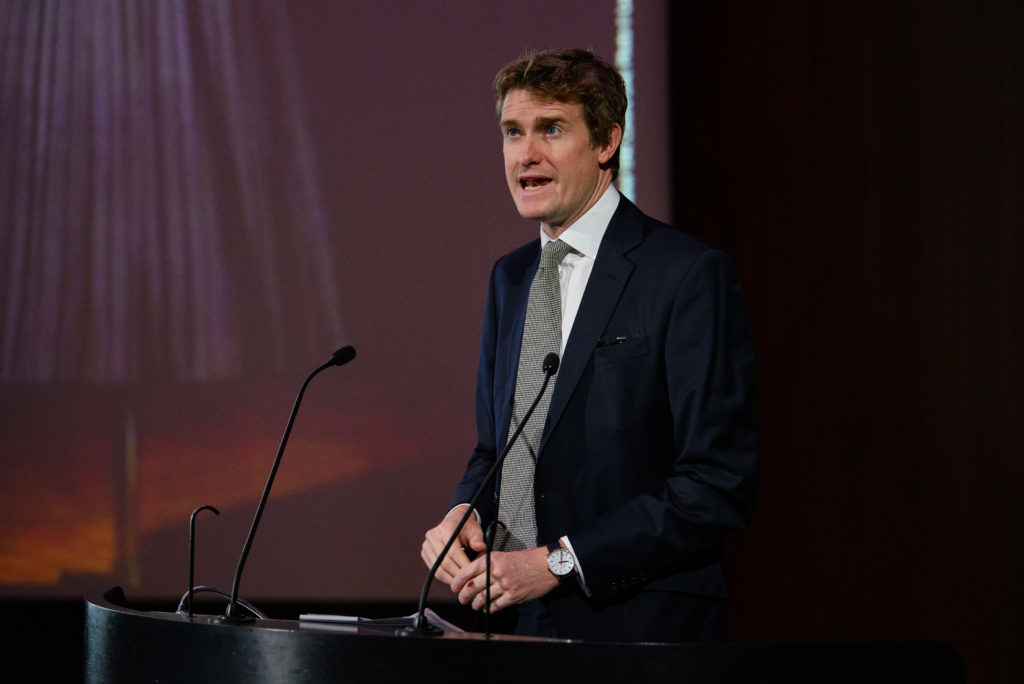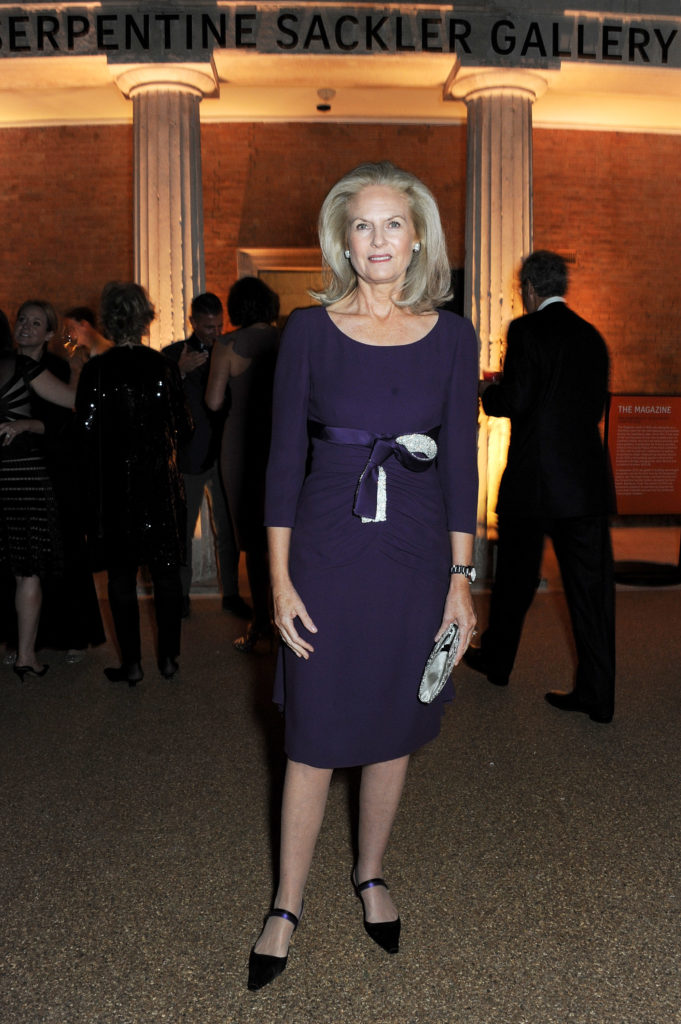Politics
The Director of the Victoria & Albert Museum Says He Is ‘Proud’ of the Museum’s Connection to the Sacklers
This isn’t the first time that the museum's head, Tristram Hunt, has taken a controversial stance on a big issue.

This isn’t the first time that the museum's head, Tristram Hunt, has taken a controversial stance on a big issue.

Taylor Dafoe

Tristram Hunt, the director of the Victoria & Albert Museum in London, said in a radio interview today that he was “proud” that his institution was supported by the Sackler family.
The director made an eight-minute appearance on the BBC Radio 4 Today program this morning to talk about his plans to introduce education initiatives around design and technology into Britain’s secondary schools. Toward the end of the conversation, the host asked Hunt about his stance on funding from the Sacklers, the family behind Purdue Pharma who stand accused of profiting massively from the opioid epidemic.
“We’re proud to have been supported by the Sacklers,” said Hunt, noting that he respects the decision of the Sackler Trust and the Dr. Mortimer and Theresa Sackler Foundation to suspend all philanthropic giving, a move announced earlier this year in the wake of the boiling scandal.
While UK museums such as Tate and the National Portrait Gallery have publicly cut ties with the family, the V&A has remained largely silent to this point. The institution has both an arts education center and a courtyard named after the family.

Theresa Sackler attends a dinner hosted by Michael Bloomberg and Graydon Carter to celebrate the launch of the new Serpentine Sackler Gallery on September 24, 2013, in London. Photo: David M. Benett/Getty Images.
Hunt explained that his museum had seen a 30 percent cut in public funding in recent years, and that outside private funding has become essential.
“We want, in this country, cultural institutions to do a great deal of things outside their core responsibilities of being open and free seven days a week,” he said. “We take all of these ethical issues very seriously. It goes to our audit committee, we discuss it in detail and we respect the Sackler view into the future.”
Theresa Sackler, the chair of the Sackler Trust and one of the wealthiest women in Britain, has served as a trustee on the V&A board since November 2011. When asked if she was still welcome on the board, Hunt replied, “she is a fit person to be a trustee.” Sackler, along with other members of her family, is currently named in a $500 million dollar lawsuit accusing her of promoting and profiting from the opioid crisis.
The V&A did not respond to artnet News’s request for additional comment.
This isn’t the first time that Hunt, who joined the museum in 2017 after a seven-year stint as a Member of Parliament, has taken a contrarian position on a big issue. At a conference that took place months into his first year at the V&A, he questioned the value of museums digitizing their collections.
In June of this year, he also wrote an essay in the Guardian suggesting that cultural institutions shouldn’t automatically return artifacts stolen from other countries. “For a museum like the V&A, to decolonize is to decontextualize,” he wrote.